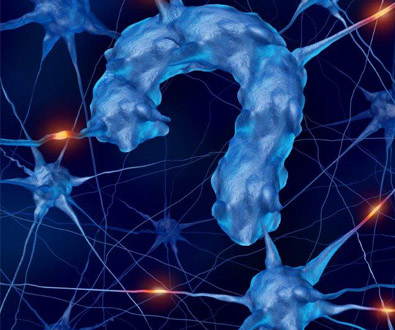
18 November 2015
Illumina is teaming up with the Hartwell Autism Research and Technology Initiative (iHART) to revolutionize the genomic analysis of Autism Spectrum Disorder (ASD). This collaboration is part of iHART’s mission to establish the largest shared, open-access repository of bioinformatic data on autism.
Illumina BaseSpace, which is powered by Amazon Web Services (AWS), will be used as a cloud-based data analysis and management platform for this initiative. iHART will place 5,000 genomes of individuals with autism and their families from the National Institute of Mental Health (NIMH) genetics repository in BaseSpace. Researchers will be able to access BaseSpace to quickly analyze the data and determine the genomic variation across all the samples.
“Because BaseSpace has tight integration with our sequencers and is a robust storage and analysis platform, we have seen tremendous growth in the adoption of the platform by the next-generation sequencing (NGS) community,” said Ilya Chorny, BaseSpace Market Manager at Illumina. “This collaboration further showcases that BaseSpace makes it easy for customers to study large sample cohorts.”
The initiative will also leverage big data analytic capabilities such as AWS’s Amazon RedShift, a fast, fully managed petabyte-scale data warehouse. Amazon Redshift makes it simple and cost-effective to analyze genomic data across large populations giving researchers unprecedented capabilities to store, analyze, and explore their data on the Illumina BaseSpace advanced genomics cloud platform.
The initiative will be led by principal investigator, Dr. Dennis Wall, a leading autism researcher at Stanford University School of Medicine, and Dr. Dan Geschwind, distinguished professor of neurology psychiatry and human genetics at UCLA, and Director of the UCLA Center for Autism Research and Treatment, whose lab is co-leading the analysis of the genetic data. Wall and Geschwind will direct the analysis of the data and Dr. Wall will lead the integration of the data and development of the cloud-based computing and communications technology platform.
“We believe that this landmark collaboration and open initiative will set the stage for major, clinically useful discoveries in the near future. The complexity of autism requires big data scientific initiatives like this that are openly accessible and act as a sandbox in which all qualified researchers can play,” said Wall. “Ultimately we hope our effort will help define the forms of autism and bring sufficient clarity for marker development and much more.”
In addition to providing valuable insight to gain deeper understanding of ASD, the collaboration aims to develop a user-friendly interface that will be accessible to researchers as well as individuals outside the research community, including families participating in the study.
“Using the AWS Cloud, researchers around the globe have access to highly secure, scalable, and reliable cloud and analytics capabilities that are helping them to refine what we know about diseases,” said Matt Wood, General Manager of Product Strategy at AWS. “The innovation these researchers are able to drive by tapping the power of the cloud is incredible, and we’re excited to see Illumina, and investigators at Stanford, UCLA, and the New York Genome Center leveraging the AWS Cloud to help uncover new treatments and underlying causes of Autism.”
Other iHART collaborators include the New York Genome Center and the Simons Foundation, which is also funding the collaboration to accelerate delivery of more genomic information to the database.


